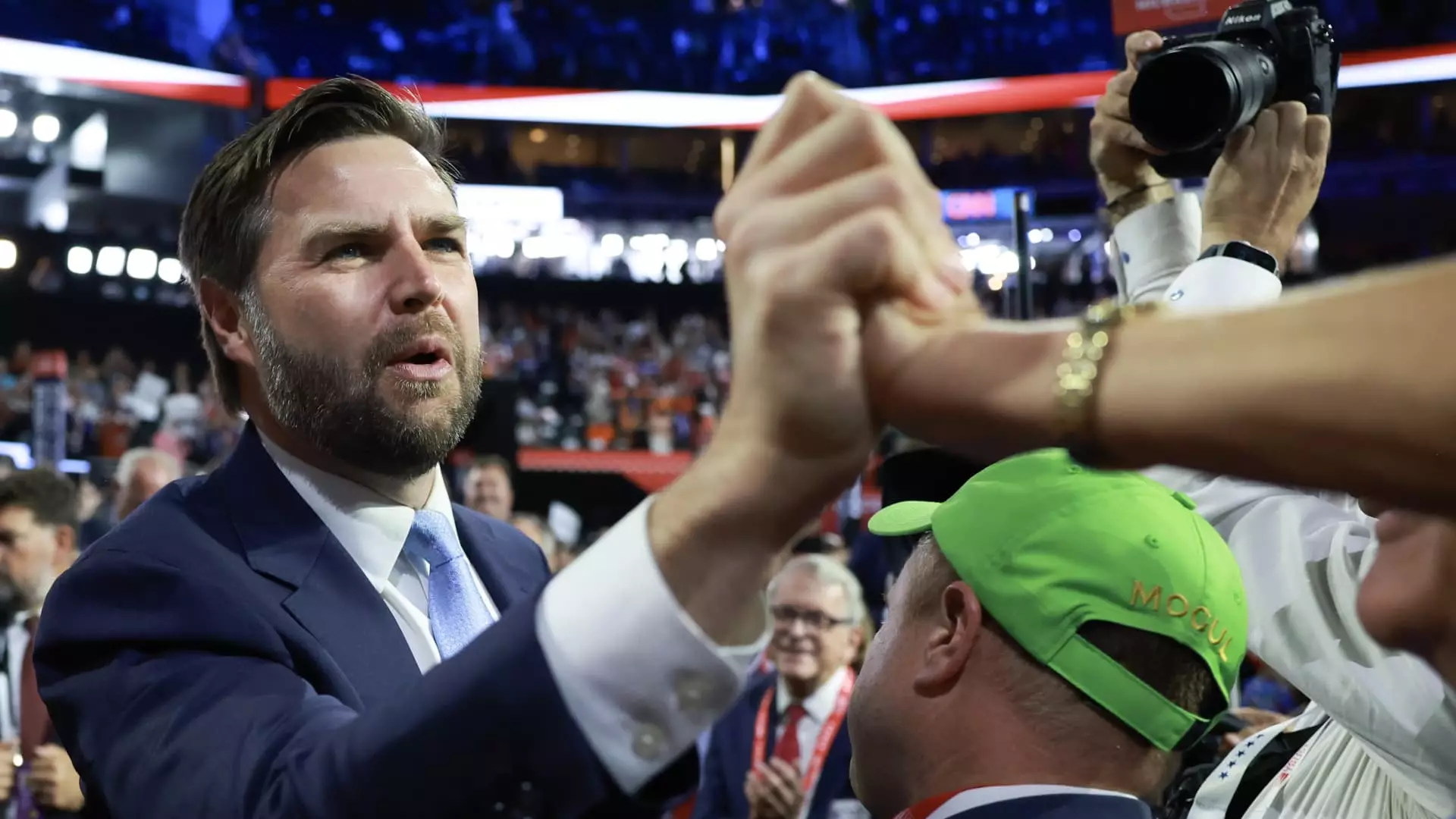The clock is ticking for Social Security’s funds, with projections showing a grim future for the program. The combined trust funds are expected to last until 2035, after which only 83% of benefits will be payable. The retirement benefits fund is even worse off, projected to run out by 2033, leaving only 79% of benefits payable. Both President Joe Biden and former President Donald Trump have promised not to touch benefits, though there have been hints of potential cuts in the future.
The Presidential Election Impact
The upcoming presidential election is crucial in shaping the future of Social Security, with the oldest candidates in history vying for the White House. With Biden at 81 and Trump at 78 during their respective presidential terms, the focus on Social Security is more prominent than ever. Trump’s choice for vice president, Republican Sen. JD Vance of Ohio, adds another layer of complexity to the issue. Vance’s stance on Social Security has been a topic of debate, with experts expressing concerns about his potential impact on the program.
The National Committee to Preserve Social Security and Medicare has endorsed Biden for the 2024 race, citing concerns over potential cuts to the programs under other candidates. Vance’s shifting statements on Social Security have raised eyebrows, with some pointing out inconsistencies in his views. While Vance has voiced opposition to cuts in recent years, his earlier comments suggest a different stance. The stark contrast between Democrats and Republicans on Social Security reform is evident in their proposals, with Democrats advocating for tax hikes on the wealthy and Republicans opposing such measures.
The road ahead for Social Security reform is challenging, with both parties at odds over the best course of action. Democrats propose expanding benefits and increasing taxes on the wealthy, while Republicans emphasize alternate solutions such as encouraging more people to enter the workforce. Vance’s idea of getting “seven million prime-age men” back to work is seen as a potential way to boost the program, but experts argue that it may not be enough to bridge the funding gap. As the 2029 deadline approaches, the looming crisis surrounding Social Security remains unresolved, putting pressure on future administrations to address the issue.
The future of Social Security hangs in the balance, with a critical need for reform and a sustainable solution to ensure the program’s longevity. The upcoming presidential election and the decisions made by the next administration will have a significant impact on the fate of Social Security. It is imperative for policymakers to come together and find common ground to secure the future of this vital program for millions of Americans. Failure to act decisively could lead to dire consequences for retirees and beneficiaries who rely on Social Security for their financial well-being.

